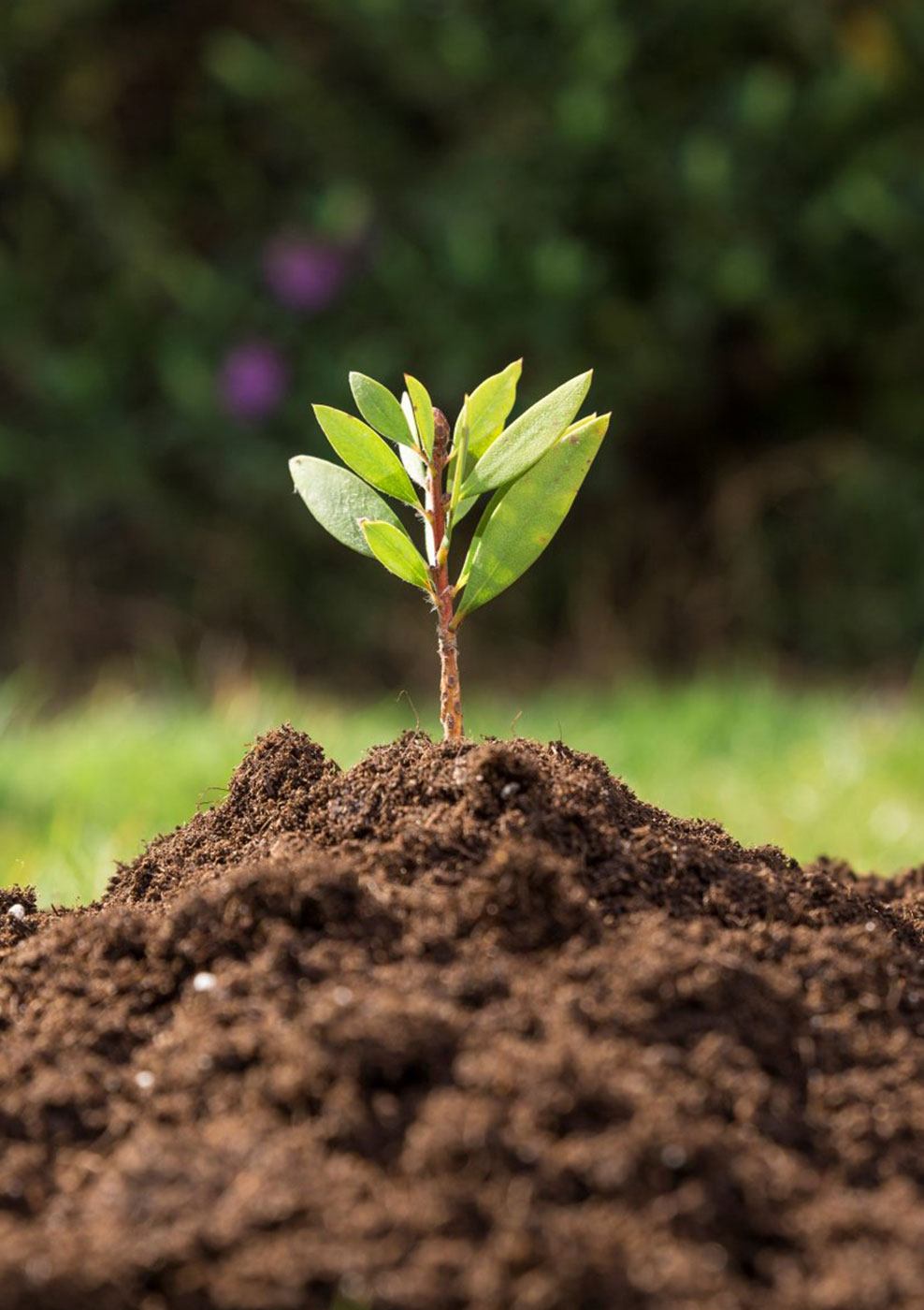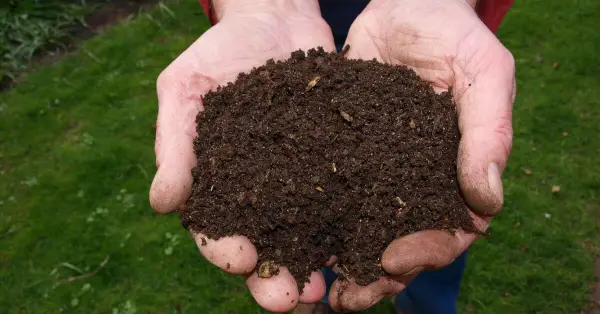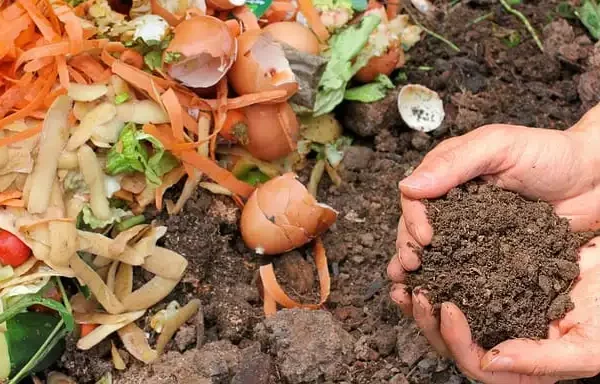Nitrogen is a crucial nutrient for plant growth, aiding in the development of lush foliage and promoting overall health. Ensuring an adequate supply of nitrogen in your soil is essential for fruitful gardening and farming endeavors. Here are seven easy methods to add nitrogen to your soil, supported by insights from government agencies, horticultural bodies, and academic experts.
Organic Matter Incorporation
Incorporating organic matter into your soil is a sustainable and effective method to increase nitrogen levels. Organic materials such as compost, manure, and green mulches decompose over time, releasing nitrogen into the soil.
The United States Department of Agriculture (USDA) suggests incorporating composted organic matter into soil to improve its fertility and nitrogen content. According to the USDA, composting organic waste can significantly contribute to sustainable agriculture.

Legume Crop Rotation
Leguminous plants, such as peas, beans, and clover, have a unique ability to fix atmospheric nitrogen through symbiotic relationships with nitrogen-fixing bacteria in their root nodules. Rotating legume crops with other plants can boost nitrogen levels in the soil.
The Royal Horticultural Society (RHS) advises incorporating legume crops into crop rotation plans to enhance soil fertility naturally. According to RHS experts, legumes enrich the soil with nitrogen, benefiting subsequent crops in the rotation
Cover Cropping
Planting cover crops like alfalfa, vetch, or crimson clover during fallow periods or between main crops helps to prevent soil erosion and adds nitrogen to the soil when these cover crops are incorporated.
According to research published by the University of California Cooperative Extension, cover cropping is an effective method to improve soil nitrogen levels and overall soil health. Their studies indicate that specific cover crops can increase soil nitrogen through biological nitrogen fixation
Application of Organic Fertilizers
Organic fertilizers derived from plant or animal sources, such as blood meal, fish emulsion, or feather meal, provide a slow-release nitrogen source for plants as they break down.
The National Sustainable Agriculture Information Service (ATTRA) suggests using organic fertilizers as a sustainable approach to boost soil nitrogen levels without relying on synthetic chemicals. ATTRA emphasizes the importance of selecting appropriate organic fertilizers based on their nitrogen content and release rates.
Mulching with Nitrogen-Rich Materials
Mulching with nitrogen-rich materials like grass clippings, alfalfa hay, or legume straw helps to enrich the soil as the mulch decomposes, releasing nitrogen into the soil.
The Australian Government Department of Agriculture, Water and the Environment recommends mulching with nitrogen-rich materials to improve soil fertility and moisture retention. According to their soil health guidelines, mulching also suppresses weed growth and enhances soil structure.
Application of Nitrogen-Fixing Bacteria
Inoculating seeds or soil with nitrogen-fixing bacteria such as Rhizobium spp. or Azospirillum spp. promotes nitrogen fixation in the root zone of plants, thereby increasing soil nitrogen levels.
According to a study published in the journal “Soil Biology and Biochemistry,” inoculating soil with nitrogen-fixing bacteria can enhance nitrogen availability in agricultural systems. The researchers suggest that the use of such microbial inoculants can contribute to sustainable soil management practices.
Utilization of Animal Manure
Applying well-aged animal manure, such as poultry manure or cow dung, adds nitrogen to the soil while also improving soil structure and microbial activity.
The Food and Agriculture Organization of the United Nations (FAO) highlights the importance of properly managing and utilizing animal manure to enhance soil fertility and nutrient cycling. FAO guidelines emphasize the need for composting or properly aging manure to minimize potential environmental impacts and maximize its agronomic benefits.
By incorporating these easy methods into your soil management practices, you can effectively increase nitrogen levels in your soil, promoting healthy plant growth and sustainable agriculture. Always consider local soil conditions, crop requirements, and environmental considerations when implementing nitrogen enhancement strategies.
What is the importance of nitrogen in soil health and plant growth?
Nitrogen is a vital nutrient that plays a key role in various physiological processes of plants, including photosynthesis, protein synthesis, and overall growth. Adequate nitrogen levels in soil promote lush foliage, vigorous growth, and higher crop yields.
Why is it necessary to add nitrogen to soil?
Soil nitrogen levels can become depleted over time due to plant uptake, leaching, and microbial activity. Adding nitrogen to soil replenishes this essential nutrient, ensuring optimal plant health and productivity.
What are some common signs of nitrogen deficiency in plants?
Symptoms of nitrogen deficiency include stunted growth, yellowing (chlorosis) of leaves starting from the older ones, and reduced overall vigor. Plants may also exhibit delayed flowering and fruiting when lacking sufficient nitrogen.
How do organic matter incorporation and composting contribute to soil nitrogen levels?
Organic matter, such as compost and manure, serves as a rich source of nitrogen. When incorporated into soil, these organic materials decompose, releasing nitrogen as they break down, thereby enriching the soil with this essential nutrient.
What are legume crops, and how do they help add nitrogen to soil?
Legume crops, including peas, beans, and clover, have symbiotic relationships with nitrogen-fixing bacteria in their root nodules. These bacteria convert atmospheric nitrogen into a form that plants can utilize, effectively increasing soil nitrogen levels when legumes are grown and rotated in the soil.
Can cover cropping improve soil nitrogen levels?
Yes, cover cropping involves planting specific crops during fallow periods or between main crops. Certain cover crops, such as legumes and nitrogen-fixing plants, contribute to soil nitrogen levels through biological nitrogen fixation and subsequent decomposition.
What types of organic fertilizers are effective for adding nitrogen to soil?
Organic fertilizers derived from plant or animal sources, such as blood meal, fish emulsion, and poultry manure, are rich sources of nitrogen. These fertilizers provide a slow-release nitrogen supply as they decompose, benefiting soil health and plant growth.
How does mulching with nitrogen-rich materials contribute to soil fertility?
Mulching with materials like grass clippings, alfalfa hay, or legume straw adds nitrogen to the soil as the mulch decomposes. This process enhances soil fertility while also improving moisture retention, suppressing weeds, and promoting microbial activity.
What role do nitrogen-fixing bacteria play in soil nitrogen enrichment?
Nitrogen-fixing bacteria, such as Rhizobium spp. and Azospirillum spp., form symbiotic relationships with certain plants, facilitating the conversion of atmospheric nitrogen into a usable form for plants. Inoculating soil with these bacteria can enhance soil nitrogen levels and promote plant growth
- Best THC Sodas to Buy in Arkansas - May 28, 2025
- Exploring THC-Infused Sodas in Arkansas - May 28, 2025
- THC Beverages Now Trending in Alabama - May 28, 2025




